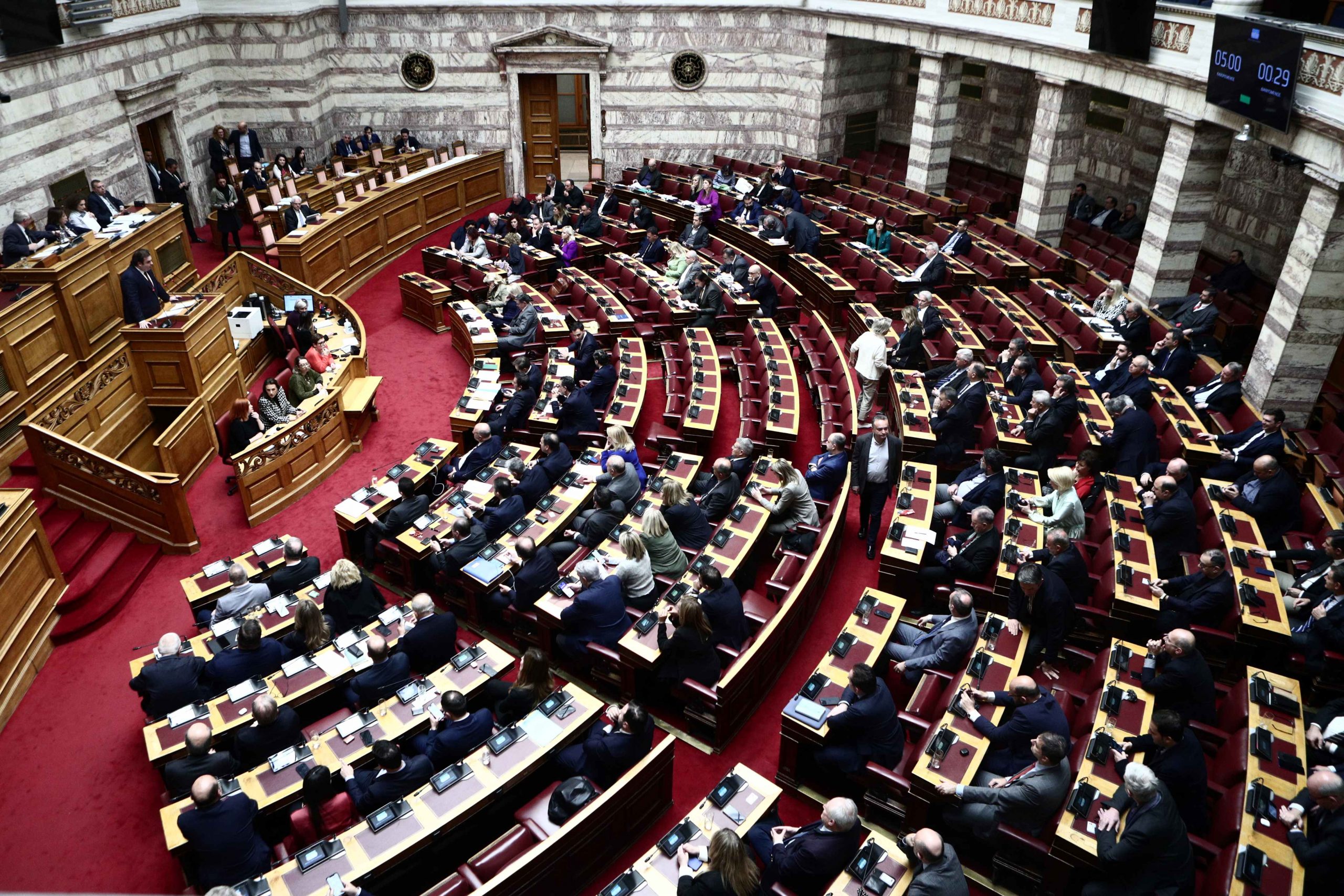No one has ever claimed or implied that Chairman Mao was centre-left. I suspect that if someone had told him so to his face, he wouldn’t have known what they were talking about.
Not that this has prevented Greece’s centre-left from honouring him by confirming a famous saying of his in practice:
“great disorder under the Heavens, a most excellent situation”.
At the heart of the current disorder lies the electoral performance of the aforementioned parties, which is disappointing.
And at its root is the feeling that they have to do something to get back into the political running. Change, unite, or something like that.
Without it being clear, of course, why the latter should represent an opportunity for the former.
Auspiciously, in SYRIZA, the year of internal turmoil which began with Alexis Tsipras’ resignation as leader is about to end.
Within PASOK, the thunder and lightening has only now begun, but its intensity makes it clear the electric charge had been building up for a very long time.
In both cases, underperformance combined with arrogance among the leadership has led to a crisis of intense frustration.
Both parties are obviously doing something wrong, but experience tells us that combining or merging two dysfunctional units has never produced a functional result.
Even more so, when the entire rational for doing so is based on a misrendering of history.
Because, in contemporary Greece, the Centre and the Left have never been conjoined in a single body labelled “Centre-Left”.
What we have had down the decades are collaborations of the Liberals and the Communists (KKE), the Centre Union and the United Democratic Left (EDA), PASOK and the KKE, the KKE Interior and the Synaspismos. So, yes, they have sometimes worked together. But they have never merged.
Still more importantly, they have never claimed to be the same. Each party has charted its course, for better or for worse.
But this great disorder is simultaneously an excellent situation, and not necessarily for Mitsotakis.
It gives the two political camps the opportunity to take a good long look at themselves without rose-tinted spectacles, to reflect on their goals and how they have been pursuing them, and to define themselves in the contemporary world before it leaves them behind.
Which isn’t a luxury. It’s an obligation.
And one would expect both leaderships to prioritise the fulfilling of an obligation which is of such vital importance for the future of their parties.
They have only to gain from boldly embarking on a meaningful debate, rather than continuing to wallow in unreliability and petty bickering.
And the country has only to gain, if it finally acquires an Opposition in Parliament.



